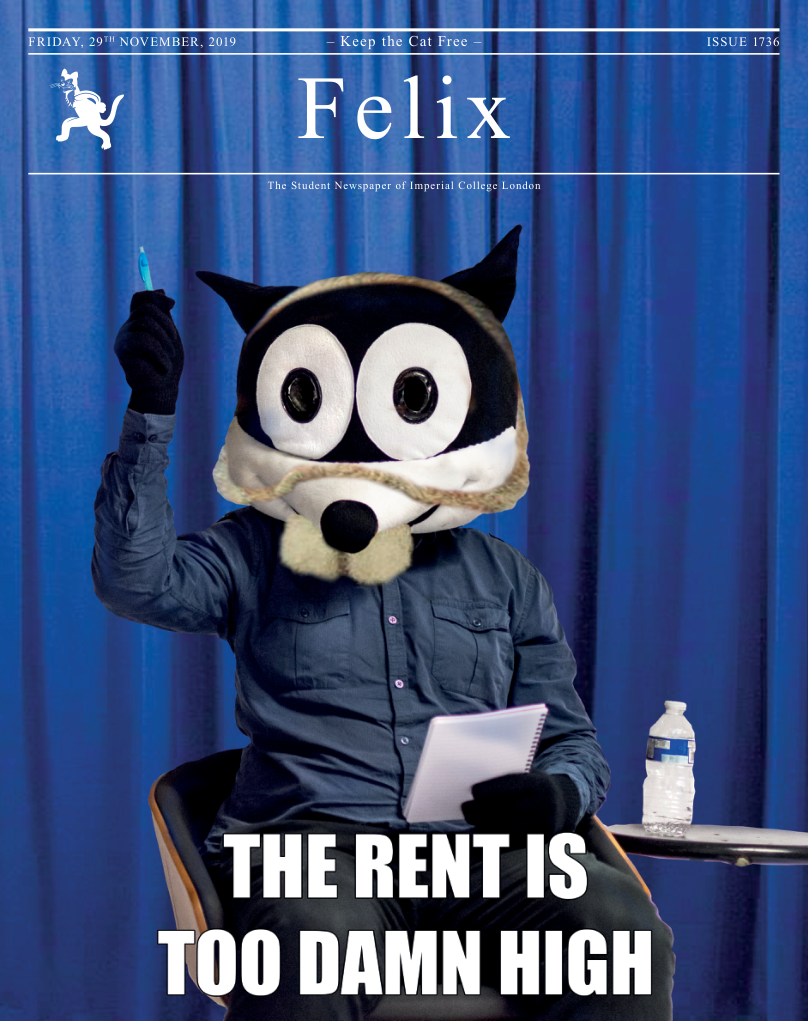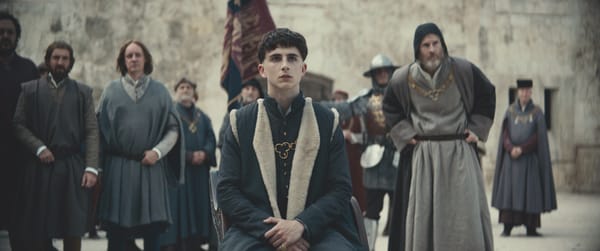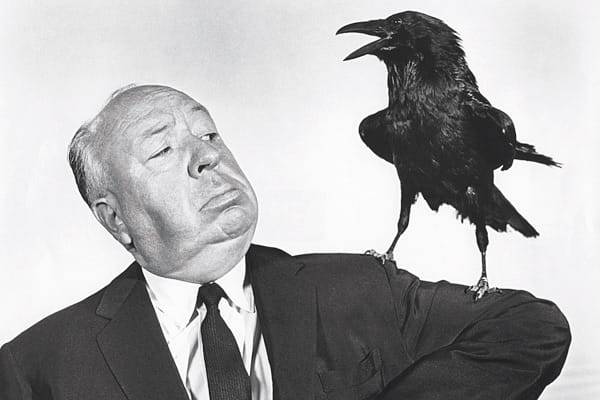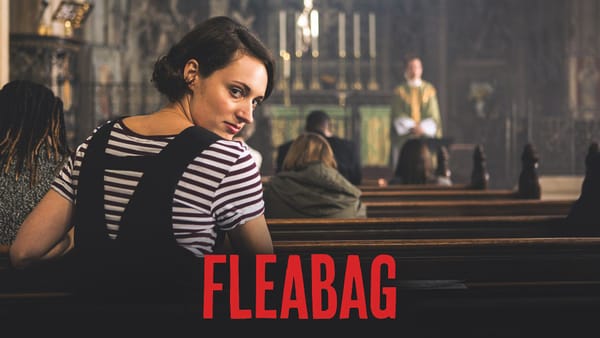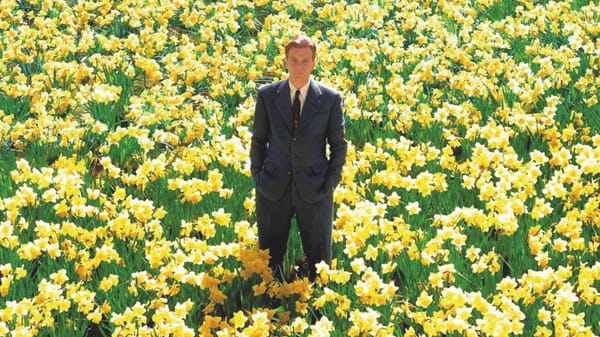Binge of the Week: Russian Doll
A fascinating tale based on the classic “Groundhog Day” premise, featuring time loops, bug-fixing, comedic horrors, and facing fears

Season 1: 5 stars
Netflix’s dramedy Russian Doll follows Nadia Vulvokov (played by Natasha Lyonne), a software developer who finds herself stuck in a time loop where she repeatedly dies and mysteriously relives her 36th birthday party. Nadia has to fix the “bug” in the code that is her life in order to escape this inevitable crash. On her quest for an answer, she finds her polar-opposite, Alan Zaveri (played by Charlie Barnett), who experiences the same thing. Together, they must face their deepest fears and help each other out to get out of this sticky situation.
The highlight of the show is none other than Natasha Lyonne. The entire series is framed around Nadia, although it’s not labeled as a one-woman show, it’s honestly not far from it. Lyonne’s spectacular acting brings the character of Nadia to life, and part of that can be attributed to how closely her personal life resembles that of Nadia’s. On the outside, like Nadia, she grows up in an estranged Jewish family in New York and suffers health problems due to her alcohol and substance abuse problems. But what is really impressive is her poignant delivery and how she conveys Nadia’s emotional turmoil underneath her carefree, hippy facade. Lyonne’s portrayal of Nadia, the strikingly idiosyncratic redhead has undoubtedly created yet another New York icon. This is not to undermine the supporting characters of the show who are some of the most well-written that I have seen.
The plot is yet another highlight for me and is essentially what bridges the genres of drama, comedy, mystery, and horror. Upon my first watch, I felt the plot started off rather slow with coincidences unreasonably stretched. It was the mystery elements that I didn’t quite get the first time around, but overall I still found it enjoyable. It’s the rewatch that made me appreciate Russian Doll on another level. There’s a layer of depth to the series that I wasn’t able to grasp when I first watched it. Every scene is crafted with such attention to detail, serving as a way for character development or to foreshadow what’s to come eventually. In this show, not a single second is wasted.
Something that helps explain the mechanics of time traveling in this particular case is Nadia’s programming analogy (which coincidentally fits her character). If her life were a program, then being stuck in this unending loop is the crash, and the way out is to find and fix the bug of her life. Then she and Alan would “rewrite” their first interaction, run a unit test, “see if the bug is triggered,” and if it is, they would both die and go back to the deli where it all started. This explains why in the subsequent episodes certain characters disappear into thin air - it’s their way to determine if the bug is triggered, by stripping down the program to its absolute core. Every movie or TV show that deals with time-traveling always finds itself in need of a scene of explanation, and I thought Russian Doll’s metaphor to achieve this is pretty neat.
As a cinematography nerd, I want to applaud the cinematographer Chris Teague for Russian Doll’s unique visual language that perfectly ties in the cyclical time elements with the New York setting. It blends subtlety and vibrancy that brings out the retro, depressing city vibes with Teague’s creative use of neon lights in the dark. Different filters are used with exceptional precision to convey the mood and tone of each scene or character, but Teague manages to maintain a cohesive style throughout the show. The flashback scenes are shot with older lenses and feature a warmer colour palette. Part of what distinguishes between a horror and a comedic scene is the cinematography. Not to mention how perfect every detail is in the classic reset scene where Nadia finds herself resurrected in the bathroom of Maxine’s (played by Greta Lee) loft, accompanied by Harry Nilsson’s “Gotta Get Up.” The final scene concludes the series so satisfyingly and a huge part of it can be attributed to the cinematography.
Russian Doll is not only full of unexpected twists and turns but also important overarching themes that echo throughout the series told through a beautiful, gripping story. I am delighted to hear that the show has been renewed for a second season, and I cannot wait to see where the writers take this show.

